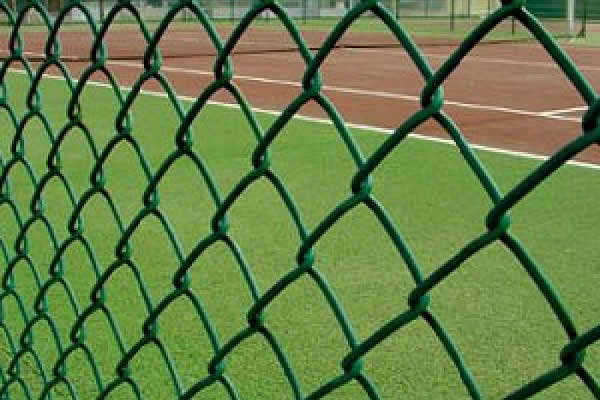 TEL:
+86-13102802206
TEL:
+86-13102802206
 Email:
fencenetting@china.com
Email:
fencenetting@china.com
 Language
Language
 TEL:
+86-13102802206
TEL:
+86-13102802206
 Email:
fencenetting@china.com
Email:
fencenetting@china.com
 Language
Language


The Cost of Mosquito Mesh for Windows A Comprehensive Guide
As summer approaches, many homeowners start looking for ways to keep their living spaces comfortable and pest-free. One of the most effective solutions is the installation of mosquito mesh on windows. While the primary purpose of mosquito mesh is to prevent pesky insects from entering the home, the cost associated with this essential feature can vary significantly. Understanding the factors that affect the cost of mosquito mesh for windows can help homeowners make informed decisions.
What is Mosquito Mesh?
Mosquito mesh, often referred to as fly screens or insect screens, is a barrier made from fine mesh material designed to keep insects at bay while allowing fresh air to circulate through open windows. This material is typically made from fibers such as fiberglass, aluminum, or stainless steel. The mesh size is crucial as it determines which insects can pass through; a finer mesh can effectively block smaller pests, including mosquitoes.
Factors Affecting the Cost of Mosquito Mesh
1. Material Quality The choice of material is one of the primary factors affecting the cost of mosquito mesh. Fiberglass screens are generally the most affordable option, costing between $1 to $3 per square foot. Aluminum screens tend to be a bit more expensive, ranging from $2 to $4 per square foot, offering enhanced durability. Stainless steel screens, known for their longevity and resistance to corrosion, can cost upwards of $5 to $10 per square foot.
2. Window Size and Type The size and type of your windows play a significant role in the overall cost. Custom-sized screens for non-standard windows or larger openings will typically incur higher costs due to the need for tailor-made solutions. Standard-sized windows may keep costs lower as many manufacturers offer pre-made sizes that fit common window dimensions.

3. Installation Costs Depending on whether you choose to install the mosquito mesh yourself or hire a professional, labor costs can vary. DIY installation can save money, with tools and materials costing around $20 to $50. Hiring a professional installer may increase the overall expenditure, potentially adding an additional $100 to $300 depending on the complexity of the job and the number of windows being covered.
4. Additional Features Some mosquito meshes come with additional features, such as retractable mechanisms, which can significantly increase the cost. Retractable screens allow for easy opening and closing, conforming to the aesthetics of your home while providing functionality. These can range from $50 to $200 per screen, depending on the size and mechanism.
5. Brand and Warranty Premium brands often charge more due to their reputation for quality and durability. When purchasing mosquito mesh, it’s essential to consider warranties offered. Products with a good warranty may cost more upfront but can be a wise long-term investment.
Estimated Total Costs
To provide a rough estimate, consider a standard home with ten windows requiring mosquito mesh installation. If each window measures approximately 3x5 feet, the total square footage would be around 150 square feet. At an average price of $3 per square foot for fiberglass mesh, the material cost alone would be about $450. Adding estimated installation costs of $200, the total expenditure may reach around $650.
Conclusion
Investing in mosquito mesh for windows is a proactive way to enhance the comfort and livability of your home, especially during warm months when insects are most active. While initial costs can vary widely based on materials, sizes, installation methods, and additional features, the benefits of keeping your home bug-free and well-ventilated often outweigh the expenses. By understanding the factors influencing cost, homeowners can make deliberative choices to suit their budgets while ensuring a pest-free environment for their families.